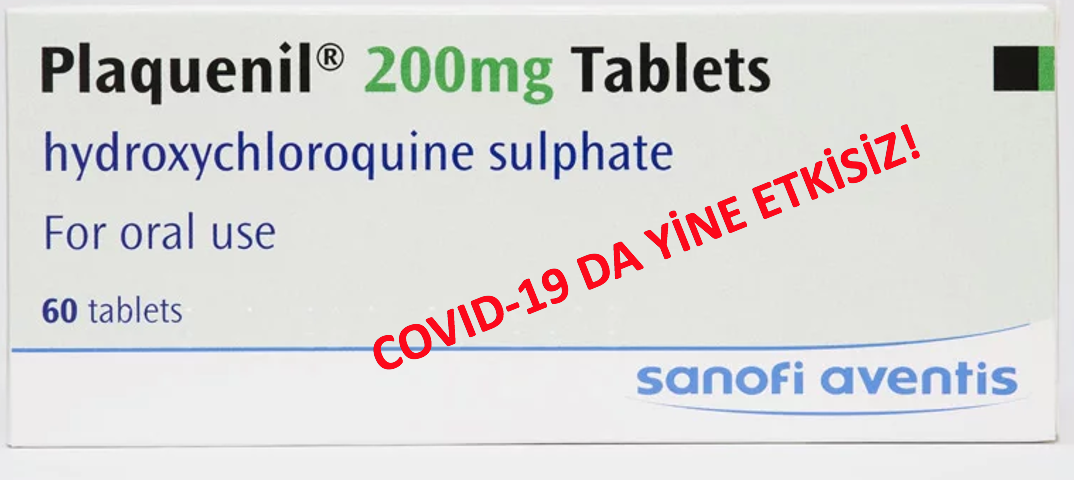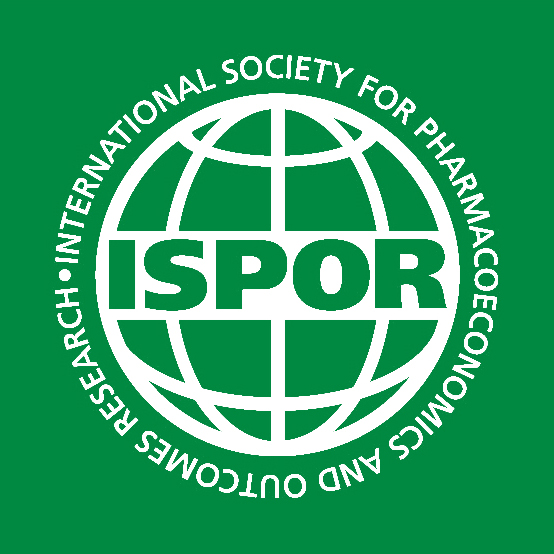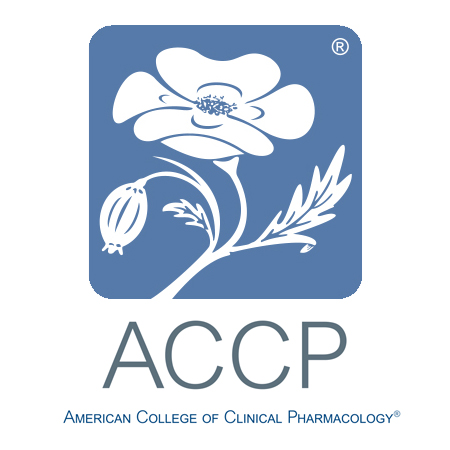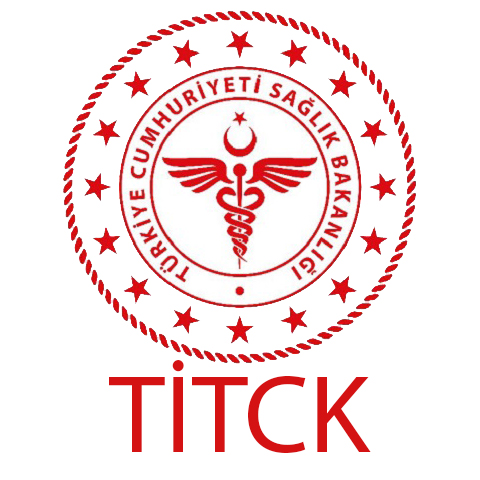
Further evidence does not support hydroxychloroquine for patients with COVID-19
Adverse events were more common in those receiving the drug
Date: May 15, 2020, BMJ
The anti-inflammatory drug hydroxychloroquine does not significantly reduce admission to intensive care or death in patients hospitalized with pneumonia due to COVID-19, finds a study from France. And a randomized clinical trial from China shows that hospitalized patients with mild to moderate persistent covid-19 who received hydroxychloroquine did not clear the virus more quickly than those receiving standard care.
The anti-inflammatory drug hydroxychloroquine does not significantly reduce admission to intensive care or death in patients hospitalised with pneumonia due to covid-19, finds a study from France published by The BMJ today.
A randomised clinical trial from China also published today shows that hospitalised patients with mild to moderate persistent covid-19 who received hydroxychloroquine did not clear the virus more quickly than those receiving standard care. Adverse events were higher in those who received hydroxychloroquine.
Taken together, the results do not support routine use of hydroxychloroquine for patients with covid-19.
Hydroxychloroquine can reduce inflammation, pain, and swelling, and is widely used to treat rheumatic diseases. It is also used as an anti-malarial drug. Lab tests showed promising results, but accumulating trial and observational evidence has called into question whether there are any meaningful clinical benefits for patients with covid-19.
Despite this, hydroxychloroquine has already been included in Chinese guidelines on how best to manage the disease, and the US Food and Drug Administration (FDA) issued an emergency use authorization to allow the drug to be provided to certain hospitalized patients. The FDA has since warned against use outside clinical trials or hospital settings due to the risk of heart rhythm problems.
In the first study, researchers in France assessed the effectiveness and safety of hydroxychloroquine compared with standard care in adults admitted to hospital with pneumonia due to covid-19 who needed oxygen.
Of 181 patients, 84 received hydroxychloroquine within 48 hours of admission and 97 did not (control group).
They found no meaningful differences between the groups for transfer to intensive care, death within 7 days, or developing acute respiratory distress syndrome within 10 days.
The researchers say that caution is needed in the interpretation of their results, but that their findings do not support the use of hydroxychloroquine in patients hospitalised with covid-19 pneumonia.
In the second study, researchers in China assessed the effectiveness and safety of hydroxychloroquine compared with standard care in 150 adults hospitalised with mainly mild or moderate covid-19.
Patients were randomly split into two groups. Half received hydroxychloroquine in addition to standard care and the others received standard care only (control group).
By day 28, tests revealed similar rates of covid-19 in the two groups but adverse events were more common in those who received hydroxychloroquine. Symptom alleviation and time to relief of symptoms also did not differ meaningfully between the two groups.
While further work is needed to confirm these results, the authors say that their findings do not support the use of hydroxychloroquine to treat patients with persistent mild to moderate covid-19.
Clinical efficacy of hydroxychloroquine in patients with covid-19 pneumonia who require oxygen: observational comparative study using routine care data
BMJ 2020; 369 doi: https://doi.org/10.1136/bmj.m1844 (Published 14 May 2020)Cite this as: BMJ 2020;369:m1844
- Matthieu Mahévas
, professor1,
- Viet-Thi Tran, associate professor2,
- Mathilde Roumier, doctor3,
- Amélie Chabrol, doctor4,
- Romain Paule, doctor3,
- Constance Guillaud, doctor1,
- Elena Fois, doctor1,
- Raphael Lepeule, doctor5,
- Tali-Anne Szwebel, doctor6,
- François-Xavier Lescure, professor7,
- Frédéric Schlemmer, associate professor8,
- Marie Matignon, doctor9,
- Mehdi Khellaf, professor1,
- Etienne Crickx, doctor1,
- Benjamin Terrier, professor6,
- Caroline Morbieu, doctor6,
- Paul Legendre, doctor6,
- Julien Dang, fellow2,
- Yoland Schoindre, doctor3,
- Jean-Michel Pawlotsky, professor10,
- Marc Michel, professor1,
- Elodie Perrodeau, biostatistician2,
- Nicolas Carlier, doctor11,
- Nicolas Roche, professor11,
- Victoire de Lastours, professor12,
- Clément Ourghanlian, pharmacist13,
- Solen Kerneis, doctor14,
- Philippe Ménager, doctor15,
- Luc Mouthon, professor6,
- Etienne Audureau, professor16,
- Philippe Ravaud, professor2,
- Bertrand Godeau, professor1,
- Sébastien Gallien, professor17,
- Nathalie Costedoat-Chalumeau, professor2 6
- Correspondence to: M Mahévas matthieu.mahevas@gmail.com
- Accepted 5 May 2020
Abstract
Objective To assess the effectiveness of hydroxychloroquine in patients admitted to hospital with coronavirus disease 2019 (covid-19) pneumonia who require oxygen.
Design Comparative observational study using data collected from routine care.
Setting Four French tertiary care centres providing care to patients with covid-19 pneumonia between 12 March and 31 March 2020.
Participants 181 patients aged 18-80 years with documented severe acute respiratory syndrome coronavirus 2 (SARS-CoV-2) pneumonia who required oxygen but not intensive care.
Interventions Hydroxychloroquine at a dose of 600 mg/day within 48 hours of admission to hospital (treatment group) versus standard care without hydroxychloroquine (control group).
Main outcome measures The primary outcome was survival without transfer to the intensive care unit at day 21. Secondary outcomes were overall survival, survival without acute respiratory distress syndrome, weaning from oxygen, and discharge from hospital to home or rehabilitation (all at day 21). Analyses were adjusted for confounding factors by inverse probability of treatment weighting.
Results In the main analysis, 84 patients who received hydroxychloroquine within 48 hours of admission to hospital (treatment group) were compared with 89 patients who did not receive hydroxychloroquine (control group). Eight additional patients received hydroxychloroquine more than 48 hours after admission. In the weighted analyses, the survival rate without transfer to the intensive care unit at day 21 was 76% in the treatment group and 75% in the control group (weighted hazard ratio 0.9, 95% confidence interval 0.4 to 2.1). Overall survival at day 21 was 89% in the treatment group and 91% in the control group (1.2, 0.4 to 3.3). Survival without acute respiratory distress syndrome at day 21 was 69% in the treatment group compared with 74% in the control group (1.3, 0.7 to 2.6). At day 21, 82% of patients in the treatment group had been weaned from oxygen compared with 76% in the control group (weighted risk ratio 1.1, 95% confidence interval 0.9 to 1.3). Eight patients in the treatment group (10%) experienced electrocardiographic modifications that required discontinuation of treatment.
Conclusions Hydroxychloroquine has received worldwide attention as a potential treatment for covid-19 because of positive results from small studies. However, the results of this study do not support its use in patients admitted to hospital with covid-19 who require oxygen.







